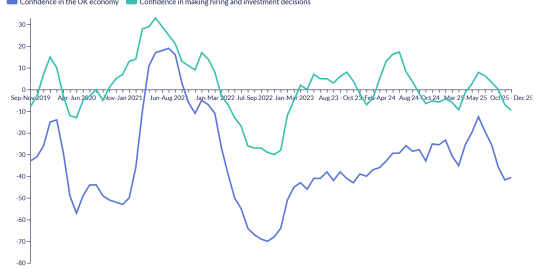Only a few months ago there was significant debate surrounding the General Election results. GradWeb wanted to investigate the outcome and its effect on the Graduate Recruitment Market. So we asked the AGR, as the leading voice of UK Graduate Recruiters and the National Union of Students; Is the coalition government good for higher education and graduate employment?
University tuition fees could split the coalition if the Government moved to increase student debt. That’s not the view of some commentator on the sidelines; it’s the opinion of the new deputy leader of the Liberal Democrats. In an apparent rebuff to David Willetts, the Conservative universities minister, Simon Hughes said his party and the Tories would “go our different ways” if student debt was allowed to rise. So what is going on? How will the coalition tackle tuition fees, the future of higher education and graduate employment opportunities?
On one side of the coalition, we have David Willetts arguing that subsidising degrees was a “burden on the taxpayer that had to be tackled”. Students, he says, should regard tuition fees as an obligation to pay higher income tax rather than as a debt, and said that the current loans system was “unsustainable”. On the other, we have the real possibility that the Lib Dems will either abstain or go against any vote on raising the fee cap. It was in their manifesto prior to the election?and they’re not changing their tune.
It all looked so different before the election. Then we had Cameron’s team calling for radical thinking to succeed in the world and suggesting that no policy was 'off limits'. Their Liberal Democrat coalition partners meanwhile fought the election promising to scrap tuition fees and were not expected to back any move to raise them.
Against this backdrop and as a prelude to the election, the Association of Graduate Recruiters (AGR) published the AGR Manifesto. In it, Carl Gilleard, the AGR Chief Executive, called on the government to lift the cap off student tuition fees, with three caveats: remove the variable fees cap in stages; make fees repayable only when the graduate is in full-time employment with a salary of more than £15,000; and add safeguards to protect students from disadvantaged backgrounds.
Two months on, how does the AGR interpret the changing mood of the coalition government? “The majority of the proposals we announced in the AGR Manifesto have had a positive reception,” says Carl Gilleard. “The thorn is tuition fees. There are so many different voices being heard in the Government?and opposition benches right now?that it’s hard to get a clear picture. However, there will be a sea change when the review led by Lord Browne into university funding reports in the autumn. This is widely expected to say tuition fees should be allowed to rise. We will simply have to wait and see.”
If the cap does come off tuition fees and the AGR Manifesto falls into line with both the Browne Report and the arguments put forward by David Willetts, one area of the graduate market will be especially vocal: the National Union of Students. Speaking to GradWeb, President Aaron Porter said, “David Willetts, was a strong universities minister in opposition and we believe he will be the same in government. However, he must recognise that there is no public consensus for an increase in tuition fees. We cannot tolerate an increase in student debt?especially at a time of economic turmoil where graduate prospects are so tough.”
Although Aaron Porter believes that the AGR Manifesto did put forward some positive recommendations?for example on more innovative engagement with industry?they were simply wrong on their argument about taking the cap off tuition fees. “Rising fees will damage the market and result in only the most privileged being able to cope with the costs of a university education. In this respect, the AGR Manifesto is too simplistic; it does not reflect the market conditions,” he says.
The AGR has done its own research into what its members think of the new coalition government and its impact on graduates and business. Although the vast majority were uncertain about whether the new government would be good for graduate recruitment, 18% thought it would be. Moreover, 38% of the 100 members the AGR spoke to thought the new coalition would be good for business.
The general tone on tuition fees is that no choices can be made until the Browne Report is published. At around the time it is published, New Labour will be choosing its new leader. Leadership candidate Ed Milliband is forthright in his views on the matter. Writing in the Guardian recently, he said, “We need a new settlement to secure our higher education sector without placing an ever higher, ever more unfair and ever more unsustainable burden through tuition fees on students and their families when they can least afford it. I have been impressed by the case for a graduate tax to secure university funding. Studies have shown that such a levy, which would abolish fees but ask graduates to pay between 0.25% and 2% of their income over a 20-year period, could raise substantially more for universities than the current system.”
“We believe we will be proved right about tuition fees when the Browne Report is published later this year,” says Carl Gilleard. “We have received cross-party support for almost every aspect of the AGR Manifesto, and I believe the same commitment will eventually be forthcoming over tuition fees.”





